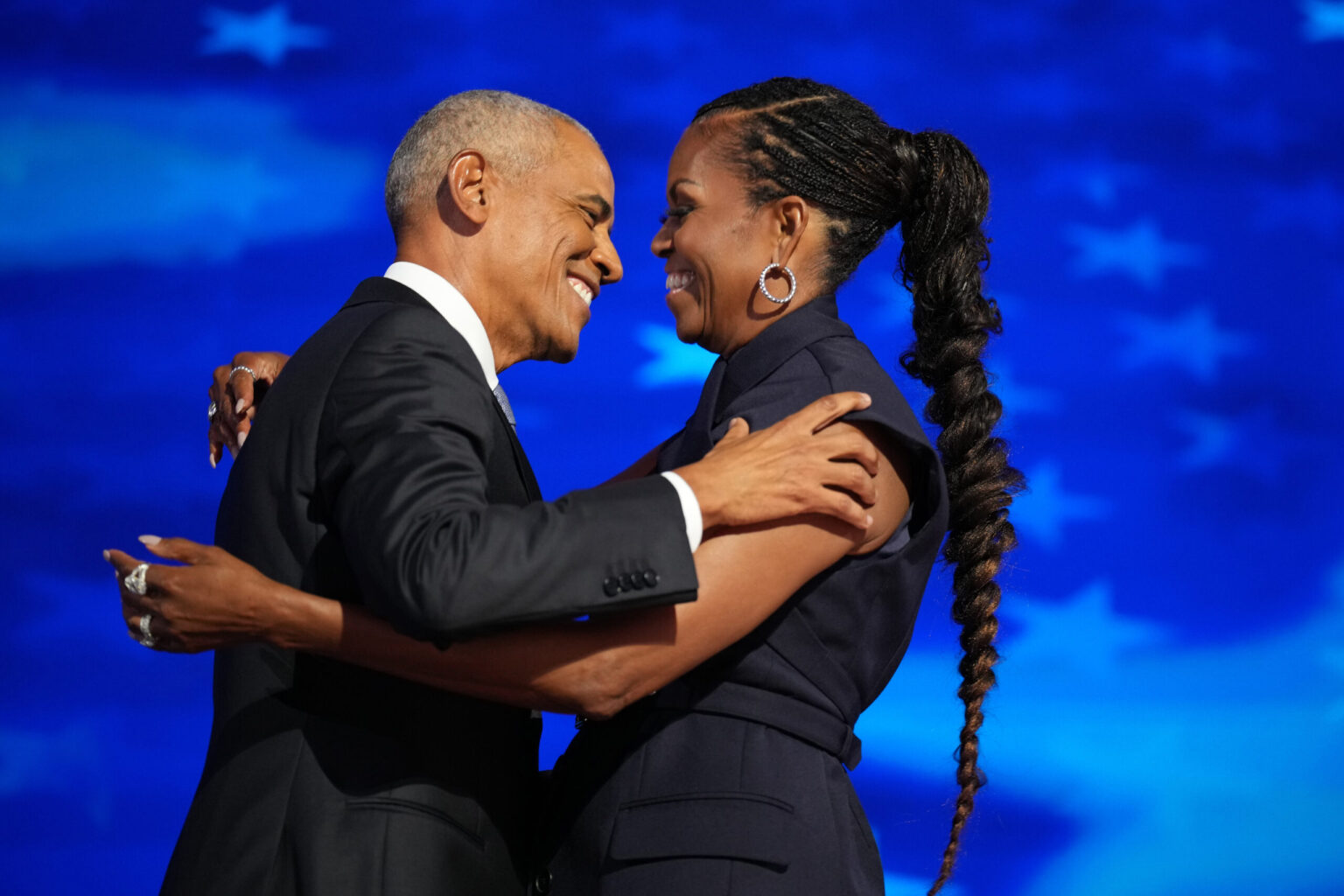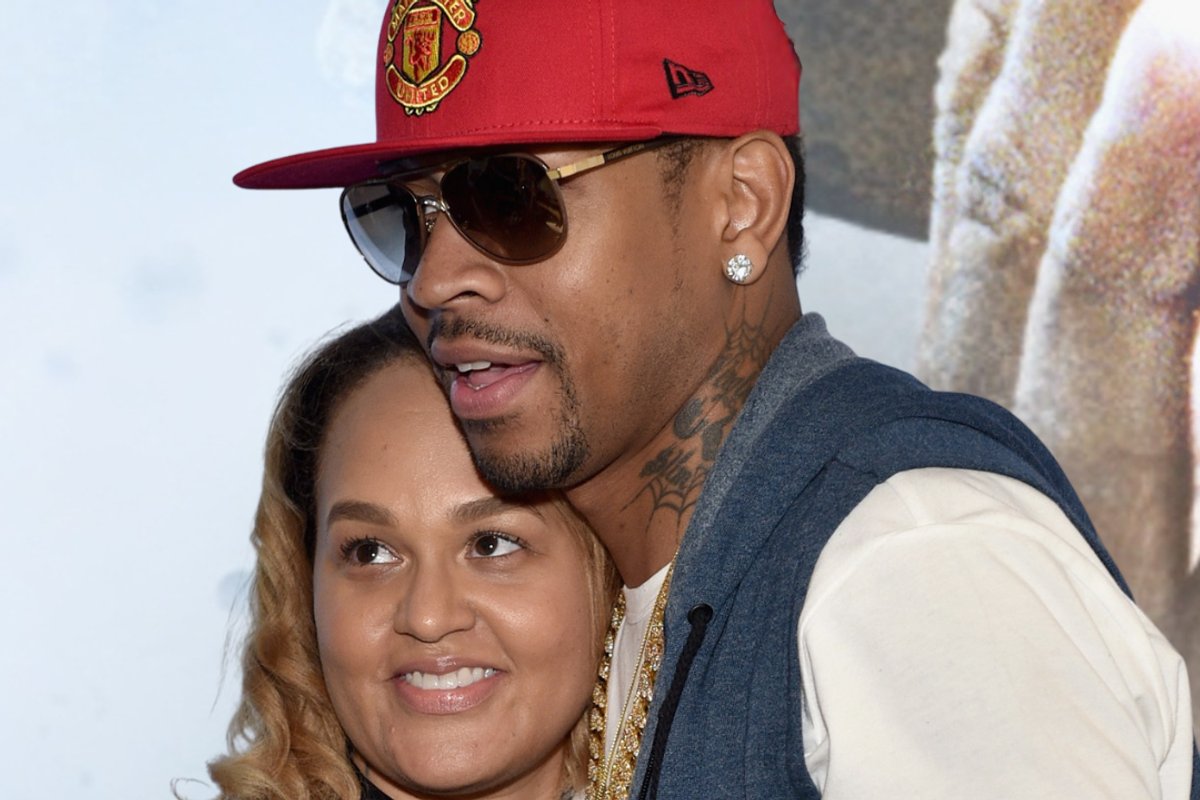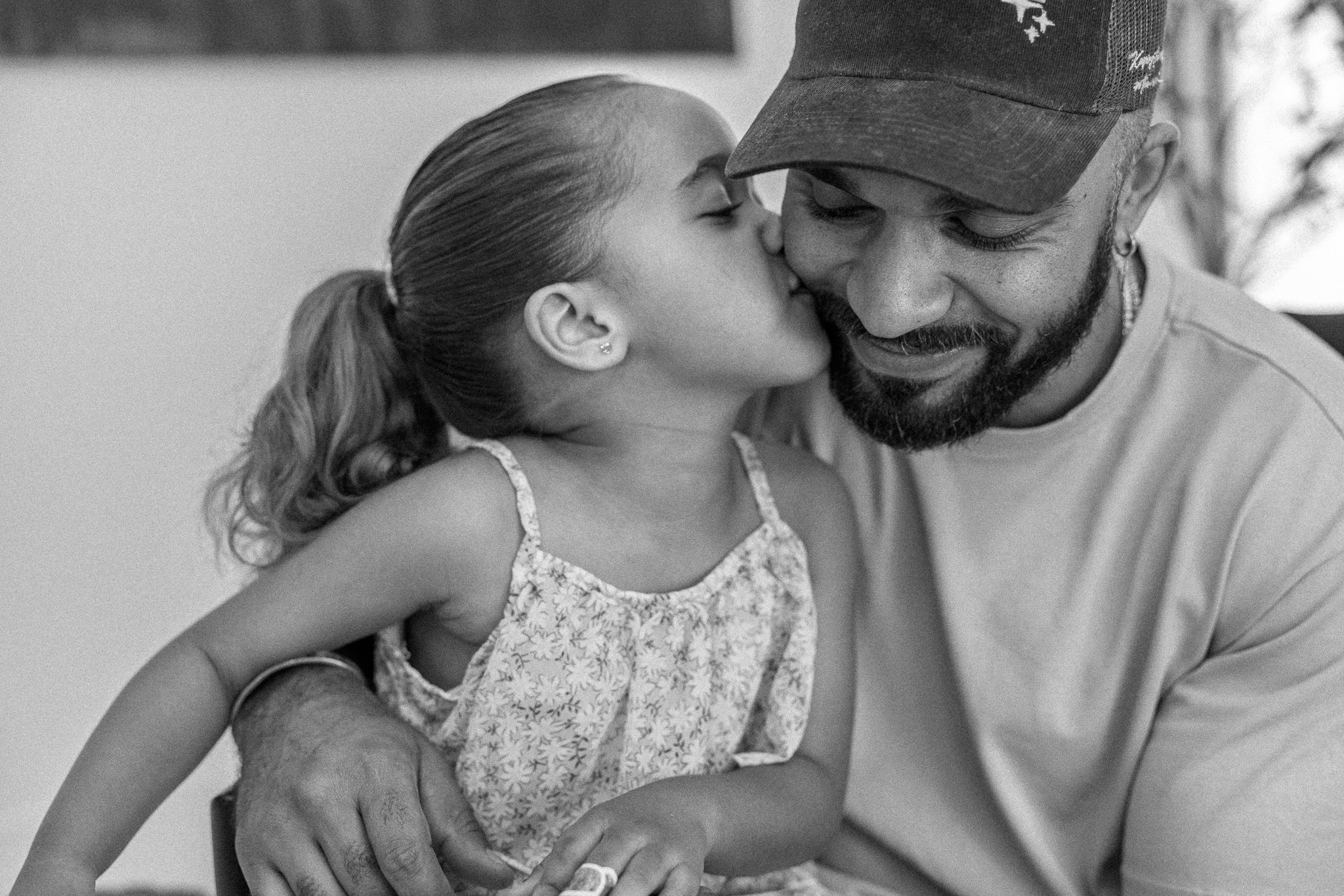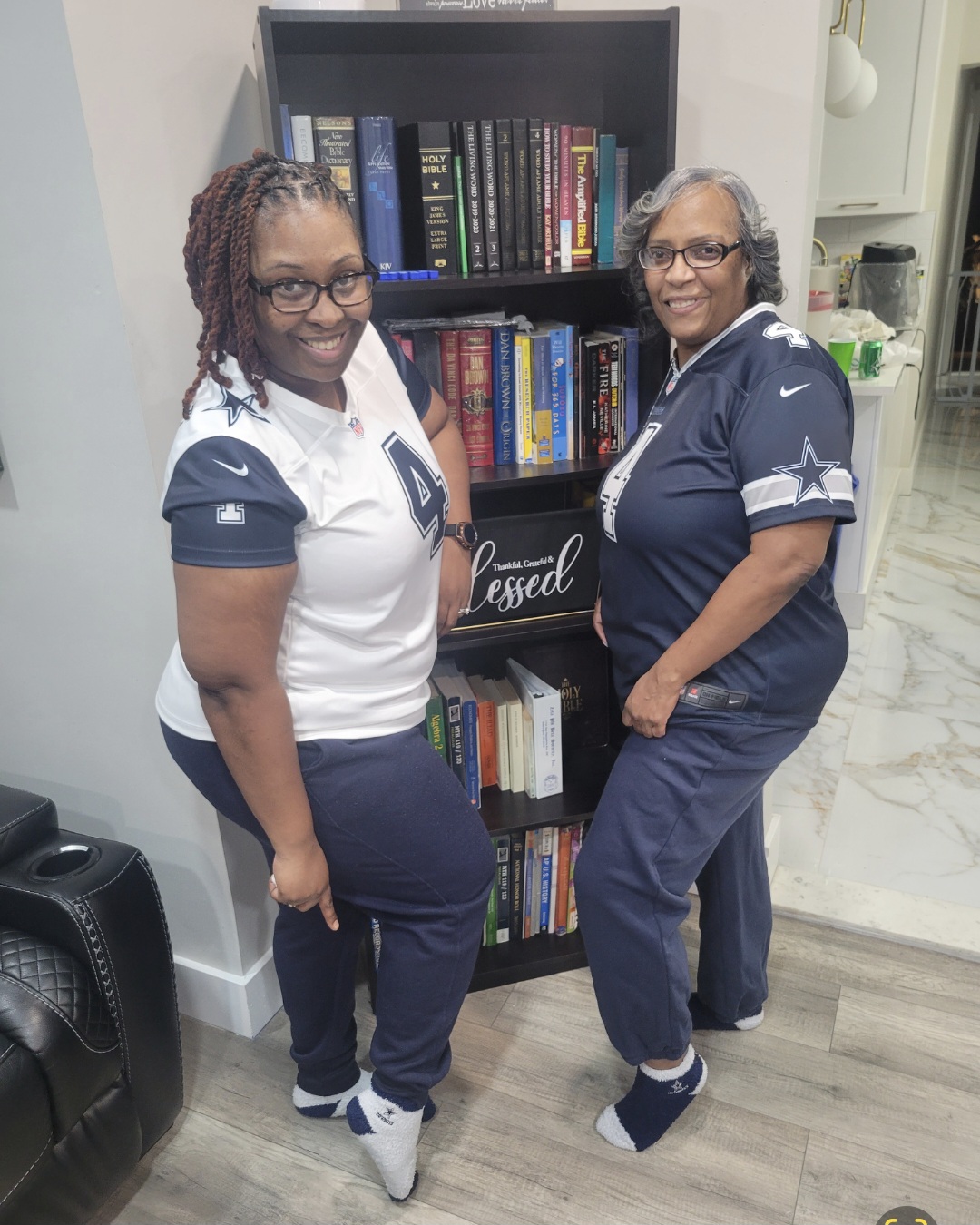
pexels-bankole-ade-oni-2285063-9391847
Related Articles
[/fusion_title]Explore Michelle Obama's raw honesty about adapting to life as empty nesters and its impact on Black love.
Discover how Allen Iverson's story of love, growth, and resilience offers lessons for Black relationships.
There’s something sacred about a Black friendship—especially among Black women. Whether it’s your childhood bestie, your college roommate, your coworker turned confidante, or the friend you met at church, these bonds often feel like chosen family. But like all relationships, friendships require intention, communication, and sometimes, a little soul-searching. In this guide, we’re diving into [...]
Featured Articles
Tyler Lepley shows the beauty of Black fatherhood, blended family life with Miracle Watts, & raising his three children in this Father Noir spotlight.
Black Love caught up with Justin and Patrice Brim to delve deeper into their journey, unpack their inspirations, and discover what lies ahead for the incredible duo.
Celebrate their marriage and partnership with the release of the documentary “Time II: Unfinished Business”
Is the “mama’s boy” misunderstood? One writer breaks down how raising her sons has reshaped her thoughts on the complicated term.
I’ve always considered myself a humble person, but this experience was the ultimate test of my humility.
When Elitia and Cullen Mattox found each other, they decided that they wanted their new relationship together, their union, to be healthier and different.











